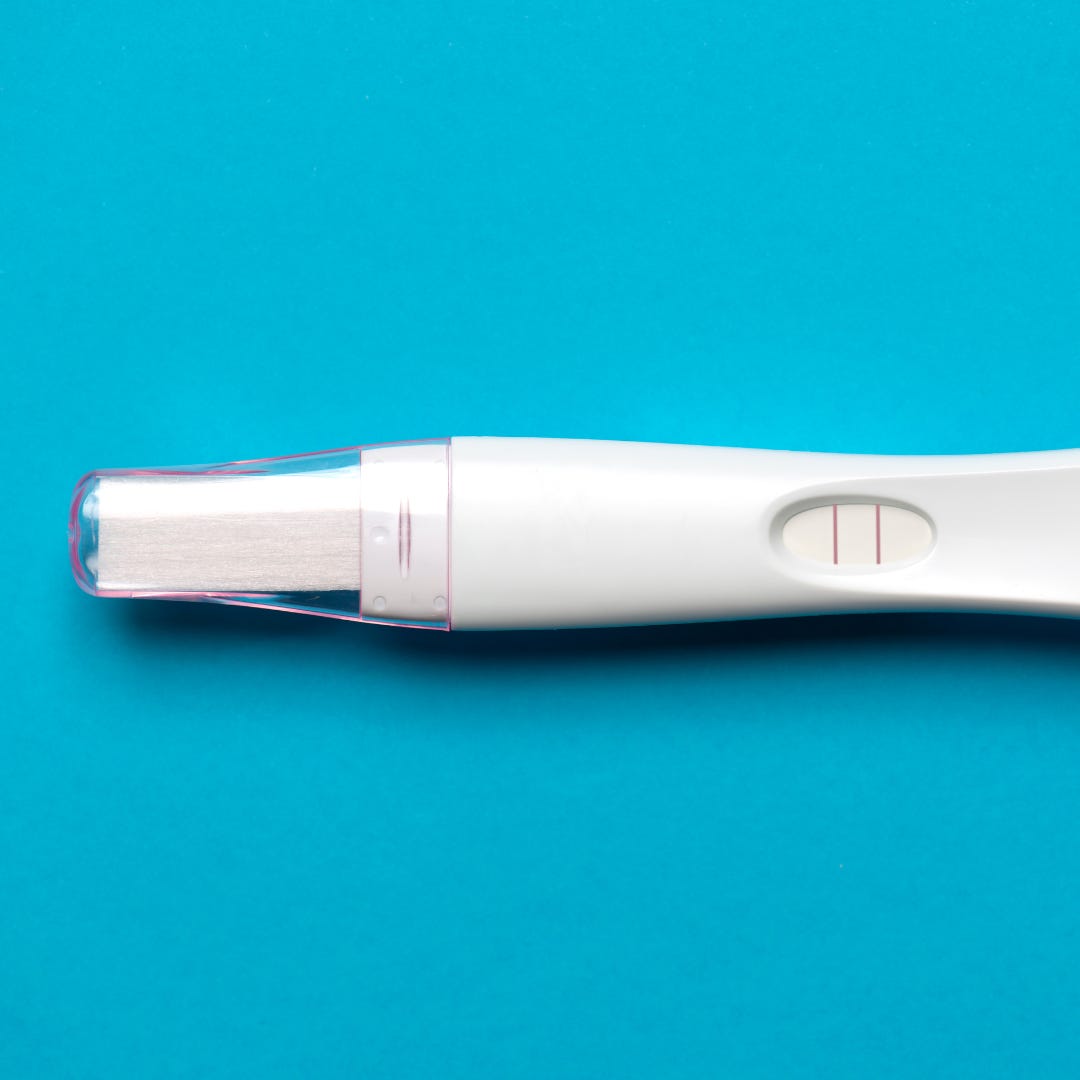When it comes to pregnancy tests, we all hope for clear, accurate results. But just like anything in the medical world, pregnancy tests aren’t perfect. Sometimes things aren’t as straightforward as we’d like. So let’s unpack the reasons why your pregnancy test might not give you the right answer and what to do if that happens!
Testing Too Soon? Patience Is Key!
One of the most common reasons for a misleading pregnancy test is simply taking it too early. Home pregnancy tests work by detecting human chorionic gonadotropin (hCG)—a hormone that starts popping up shortly after a fertilized egg implants in the uterus. This usually happens about 21 days after your last period. If you take the test too soon, your hCG levels might still be too low to detect, resulting in a negative test, even if you’re actually pregnant. So, if you suspect you might be expecting, but the test says otherwise, try again when your period is officially late.
Why Else Might a Test Be Wrong?
It’s not just about timing. Sometimes, other factors can cause a pregnancy test to be misleading. For instance, if the test is read too early, or if the sample gets mixed up (say, in a busy emergency room), the results can be inaccurate. Surprisingly, even an extremely HIGH hCG level can throw the test off. And while rare, certain conditions like severe kidney disease or even a color-blind test reader could also affect the outcome!
Can a Positive Be False?
Sometimes, a blood test might show you’re pregnant while a urine test says otherwise.
Believe it or not, you can get a false positive too. If you’ve recently had an hCG injection as part of fertility treatment, or if you’re taking certain herbal medications, your test might say you’re pregnant when you’re not. In even rarer cases, some tumors can produce hCG, mimicking pregnancy.
Another quirky situation? Sometimes, a blood test might show you’re pregnant while a urine test says otherwise. This is often due to heterophilic antibodies, which can fool the blood test into thinking you’re pregnant. People who work with animals are more prone to this because these antibodies react with animal antigens used in the test.
What’s the Next Step?
If your urine test is negative, but you’re still in doubt, a blood test can help clarify things. If the results are still murky, your healthcare provider might suggest a repeat blood test or even an ultrasound. Just remember, if the ultrasound is done too early, it might miss a tiny pregnancy that’s still developing, so it might need a follow-up later on.
So, while pregnancy tests are a great tool, they’re not the final word. When in doubt, your doctor or midwife is your best resource for getting to the bottom of things!
Until next time,
Dr. Jen
Reference
1. RA Hatcher et al. Contraceptive Technology. 19th revised edition.






I’ve always said that every city should have a statue in a park dedicated to Margaret Crane, inventor of the home pregnancy test! Blessed be her name!